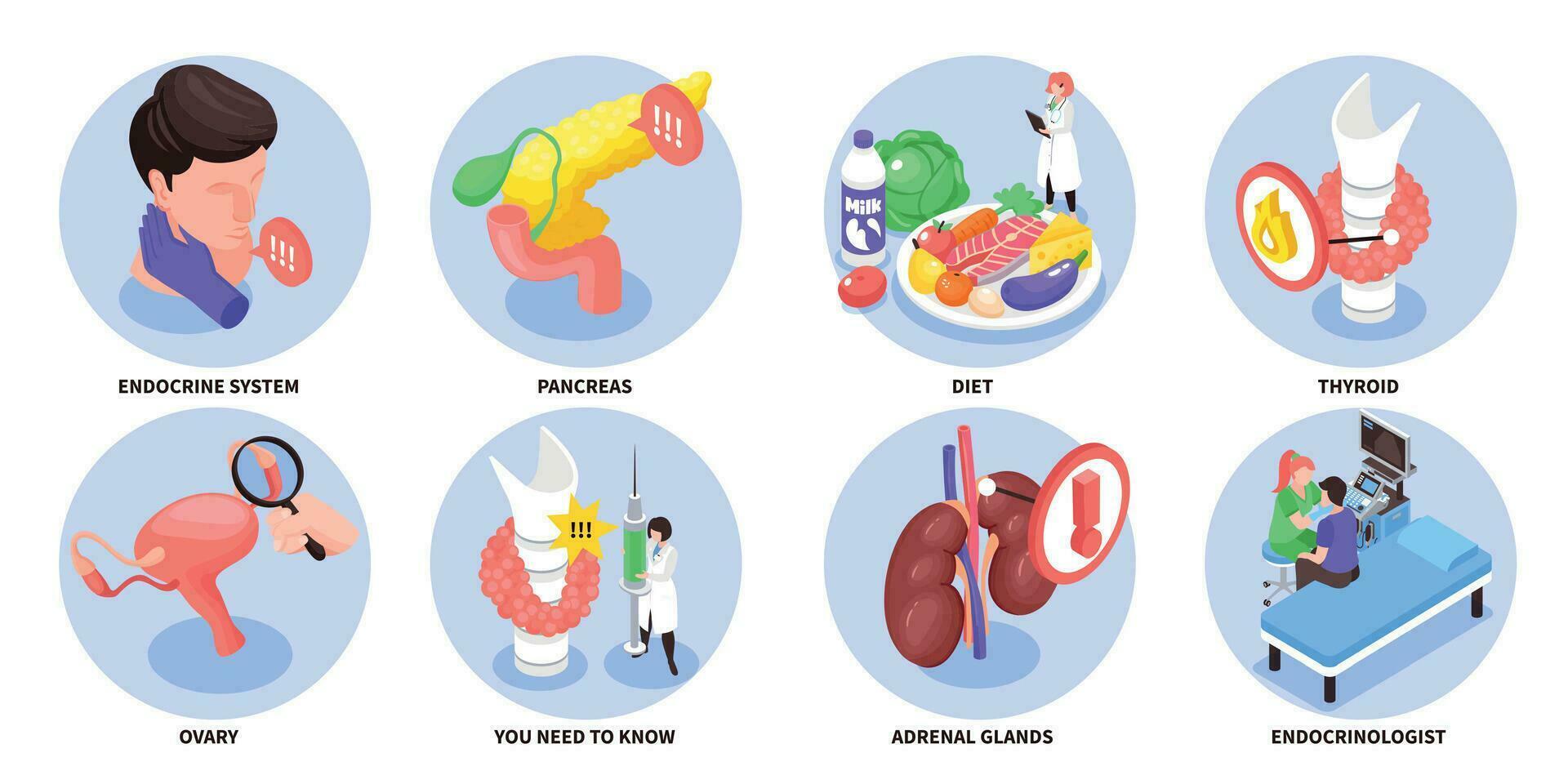The Science Behind Hormonal Agent Guideline: Insights From an Endocrinologist
The Scientific Research Behind Hormone Policy: Insights From an Endocrinologist uses a comprehensive exploration of the complex procedures associated with hormone policy. Composed by a seasoned endocrinologist, this informative overview explores the interesting world of hormones and their vital duty in maintaining bodily functions. From the fundamentals of hormone production to the complex feedback loops that govern their release, this book offers a precise evaluation of the systems at play. Furthermore, it checks out the numerous variables that can interfere with hormonal agent equilibrium and uses useful understandings into exactly how these discrepancies can be diagnosed and treated. Whether you are a medical specialist looking for a much deeper understanding of endocrine feature or a private interested in finding out about the scientific research behind hormonal agent guideline, this book is an indispensable resource.
Hormones and Their Features
Hormones play essential functions in the regulation and control of different physical processes within the body. These chemical carriers are created by endocrine glands and are launched into the blood stream, where they take a trip to target cells or organs to exert their effects. The features of hormones are varied and encompass virtually every aspect of human physiology.
Among the primary features of hormones is to preserve homeostasis, which is the secure interior setting required for the body to operate efficiently. Insulin, a hormone produced by the pancreas, controls blood glucose degrees by promoting the uptake and storage of sugar in cells. Another hormonal agent, cortisol, helps the body react to stress and anxiety by enhancing blood sugar level levels and reducing the body immune system.
Hormones likewise play critical roles in growth and advancement. Development hormone, produced by the pituitary gland, promotes the development of bones and tissues, while thyroid hormones control metabolic rate and influence the development of the anxious system - Texas endocrinology. Furthermore, reproductive hormonal agents, such as estrogen and testosterone, are liable for the development and maintenance of secondary sexual qualities and the policy of the menstruation
The Endocrine System: An Introduction
Playing a critical role in the regulation and coordination of physiological processes, the endocrine system is a complex network of glands that produce and release hormonal agents right into the blood stream. These glands, consisting of the hypothalamus, pituitary gland, thyroid gland, adrenal glands, pancreatic, ovaries, and testes, produce hormonal agents that function as chemical messengers, influencing various bodily functions. The endocrine system functions in combination with the nerves to regulate and preserve homeostasis, making certain that the body's inner setting stays steady.
The hypothalamus, located in the brain, is considered the master regulatory authority of the endocrine system. It generates hormonal agents that hinder the launch or promote of hormones from the pituitary gland, which subsequently regulates the activity of other endocrine glands. The thyroid gland, situated in the neck, creates hormones that manage metabolic rate and energy balance. The adrenal glands, positioned atop the kidneys, create hormones that aid the body react to tension and manage high blood pressure.

Policy of Hormone Manufacturing
The guideline of hormone manufacturing includes a complex interaction in between various glands and comments systems within the endocrine system. Hormones are chemical carriers that play a vital role in keeping homeostasis and collaborating various physical processes in the body. The production of hormones is snugly managed to ensure the correct functioning of the endocrine system.
The hypothalamus, situated in the brain, functions as an essential regulatory authority of hormone production. It releases hormonal agents that promote or hinder the production of hormones by the pituitary gland, which is usually described as the site link "master gland" of the endocrine system. The pituitary gland, in turn, creates hormonal agents that act on different target glands throughout the body, stimulating them to More Info create and launch specific hormonal agents.
Responses devices also play a vital role in hormone policy. When hormone degrees rise above or fall below the optimal range, the body triggers mechanisms to either decrease or increase hormone production, specifically, to bring back equilibrium.
Feedback Loops in Hormone Regulation
Responses loopholes play an essential role in the guideline of hormone manufacturing. These loopholes include a series of interactions in between the endocrine glands, hormonal agents, and target organs to maintain homeostasis in the body. There are 2 types of feedback loopholes: unfavorable feedback and favorable feedback.
When hormone degrees rise over a certain threshold, the hypothalamus in the mind indicates the pituitary gland to lower hormone manufacturing. On the other hand, when hormone degrees drop listed below the limit, the hypothalamus promotes the pituitary gland to raise hormone manufacturing, restoring balance.
Positive feedback loops, on the various other hand, enhance hormonal agent manufacturing. This occurs when a hormonal agent boosts the release of more of the exact same hormone, resulting in a quick increase in its levels. Nonetheless, positive comments loopholes are much less common in hormonal agent law and are usually associated with details physiological processes, such as childbirth and lactation.
Variables Influencing Hormone Equilibrium
Elements affecting hormonal agent equilibrium consist of nutritional selections, way of living habits, and environmental exposures. These variables can have a considerable influence on the fragile equilibrium of hormonal agents in the body, influencing numerous physical procedures and total wellness.
Nutritional selections play a vital duty in hormonal agent guideline. Eating a well balanced diet plan that includes a range of nutrients is vital for preserving hormonal agent balance. Certain nutrients, such as omega-3 fatty acids, vitamins, and minerals, are particularly important for optimal hormonal agent feature. On the other hand, a diet plan high in processed foods, improved sugars, and harmful fats can interrupt hormone degrees and bring about imbalances.
Appropriate rest is critical for hormone production and regulation, as interfered with rest patterns can lead to discrepancies. Additionally, chronic stress and anxiety can dysregulate the hypothalamic-pituitary-adrenal (HPA) axis, a key gamer in hormone guideline, leading to a cascade of hormonal discrepancies.

Final Thought
To conclude, recognizing the scientific research behind hormonal agent regulation is essential for preserving general health and wellness and wellness. Hormonal agents play important roles in numerous physical features, and their manufacturing is managed by complicated responses loopholes. Elements such as lifestyle, diet regimen, and stress choices can affect hormone balance. By studying and comprehending these devices, we can much better understand and handle hormone-related problems, ultimately bring about boosted wellness results.
The Science Behind Hormonal Agent Law: Insights From an Endocrinologist supplies a detailed expedition of the complex processes included Resources in hormone guideline. It creates hormones that stimulate or hinder the release of hormones from the pituitary gland, which in turn manages the activity of various other endocrine glands. It launches hormonal agents that stimulate or hinder the manufacturing of hormones by the pituitary gland, which is frequently referred to as the "master gland" of the endocrine system. The pituitary gland, in turn, generates hormonal agents that act on various target glands throughout the body, boosting them to produce and release details hormonal agents.
When hormone degrees increase over a particular limit, the hypothalamus in the brain indicates the pituitary gland to decrease hormone production. (Endocrinologist in georgetown)